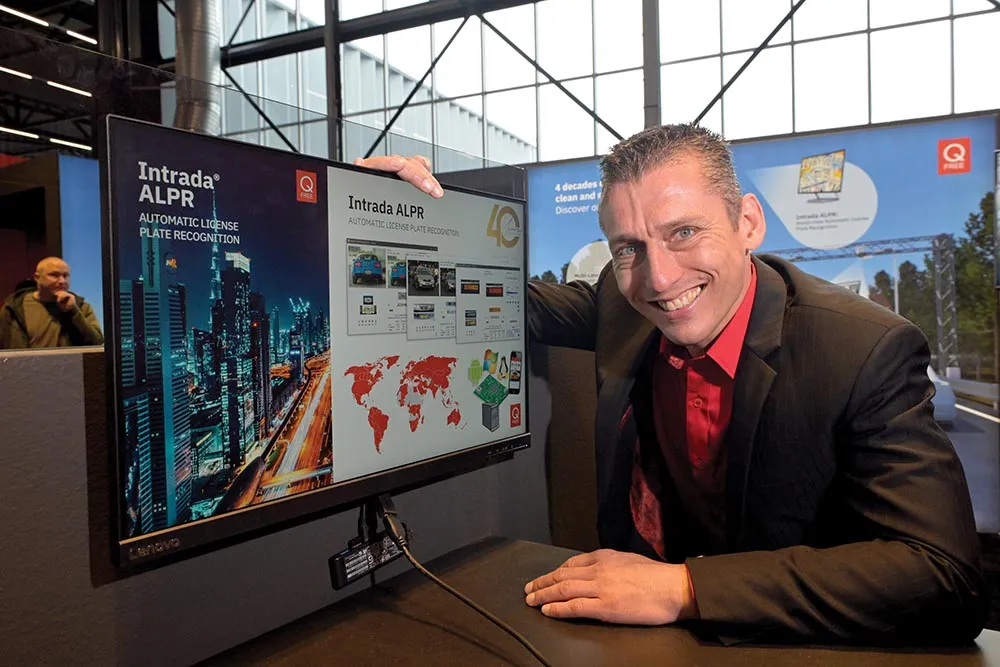We're with Shoup!
February 12, 2025
The author of The High Cost of Free Parking, in his own lovely video (watch to the end)
"Fine, we live in a world with free housing for cars, and expensive housing for people"








